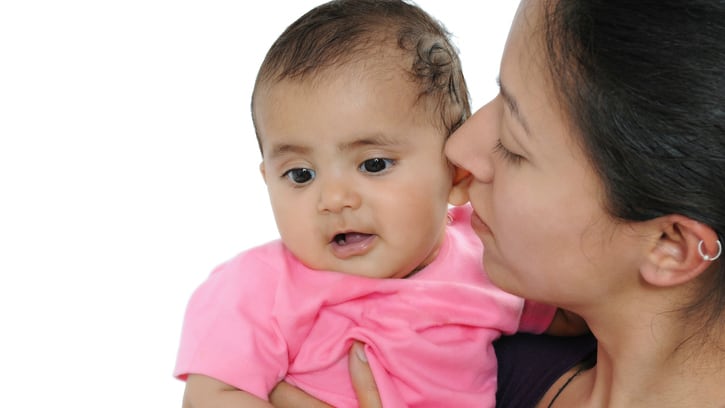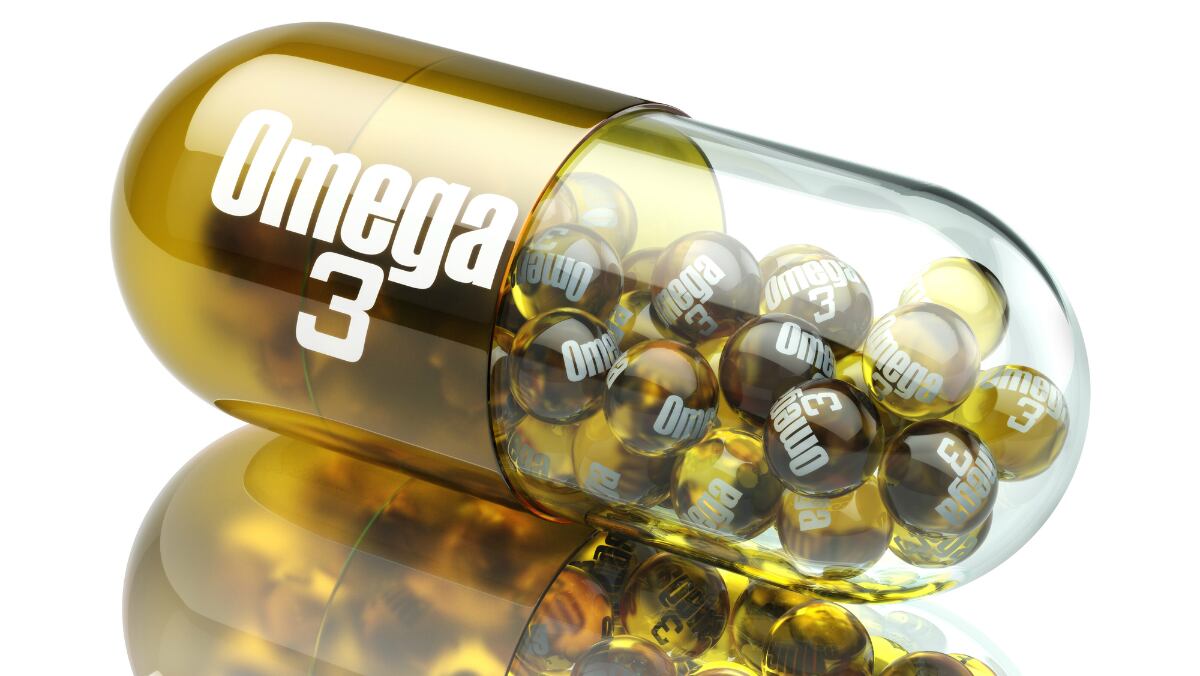A wealth of research points to a strong link between nutrition during the first 1,000 days (conception to two years) of life and cognitive development.
DHA, which is a structural component of the human brain and retina, can be found in fatty fish, and marine algae and oils, and maternal DHA supplementation is one of the factors associated with the neurodevelopment of human offspring.
However, Indian diets are mostly devoid of such components, leading to low plasma levels in the general population.
Acidic impact to be assessed
Researchers in India are therefore conducting a study to assess the impact of pre- and postnatal DHA maternal supplementation on mental and motor development in infants, as well as their anthropometry and morbidity patterns.
The study, called DHANI (DocosaHexaenoic Acid supplementation during pregnancy and lactation on Neurodevelopment of the offspring in India), is a double-blinded, parallel-group, RCT involving 957 pregnant women aged 18 to 35.
Each of the women are being supplemented from up to five months' gestation through to six months postpartum with either 400mg of algal-derived DHA or a placebo daily. Data on their anthropometric measurements, socio-demographic profile, and dietary intake are also taken at baseline.
The mother-and-child pairs will be observed until each child reaches a year old, with the primary outcome variable being the infant mental and motor development quotient at 12 months of age, as evaluated by the DASII (Development Assessment Scale in Indian Infants).
The secondary outcomes are infant anthropometry, gestational age, and APGAR (Appearance, Pulse, Grimace, Activity, Respiration) scores.
The researchers are also collecting biochemical indices (breastmilk and blood) from the mother-and-child pairs to estimate changes in DHA levels as a result of supplementation, and all analyses will follow the intent-to-treat principle (i.e., all enrolled patients who are randomly assigned to treatment are included in the analysis, and analysed in the groups to which they were randomly allocated).
They will then use a two-sample t test to test unadjusted differences in mean DASII scores between those in the supplemented group and those in the placebo group.
The researchers said the mechanisms involved were "not completely understood", but added that DHA's active properties were said to include effects on neuronal development and plasticity, as well as changes in membrane fluidity, and / or improvements in the production of anti-inflammatory lipid mediators.
First in India
DHANI is the first large pre- and postnatal maternal dietary supplementation trial in India — if it "finds substantial benefit", it could act as a guide to help improve the DHA interventions in the country.
Apart from the Public Health Foundation of India, the researchers also come from the Centre for Chronic Disease Control, KLEU's JN Medical College, Sangath, the Child Development Centre, Prabhakar Kore Hospital, the All India Institute of Medical Sciences and KLE University in India, as well as Emory University in the US.
They concluded: "Studies conducted to date suggest that improvements in DHA levels in (the) mother may confer some benefit for child neurodevelopment. Furthermore, DHA appears to be safe, with no adverse birth outcomes related to DHA supplementation observed in low-risk pregnancy cases.
"Very few studies to date have continued supplementation through lactation. We therefore implemented a large-scale randomised trial to study the effects of pre- and postnatal DHA supplementation on birth weight, gestational age and neurodevelopment in India, a country with low DHA intakes and a high dietary omega-6 to omega-3 ratio.
"This will be the first to examine the effects of in utero and early life DHA exposure (through maternal supplementation from mid-pregnancy through to six months postpartum on postnatal neurodevelopment and body size of Indian infants.
"Long-term contact and follow-up with this cohort is being planned. The biological specimens being collected (blood, cord blood, and breastmilk) from the mother-child dyads can further help pursue new hypotheses and unravel critical information about early DHA intervention on (the) later life of an individual.
"If successful, we will work to ascertain the best ways to translate the findings to the existing infrastructure and delivery mechanisms of national child development and nutrition programmes like the Integrated Child Development Scheme."
Source: BMC Pediatrics
https://doi.org/10.1186/s12887-018-1225-5
“The impact of DocosaHexaenoic Acid supplementation during pregnancy and lactation on Neurodevelopment of the offspring in India (DHANI): trial protocol”
Authors: Shweta Khandelwal, et al.


